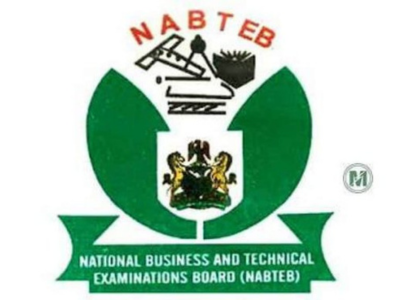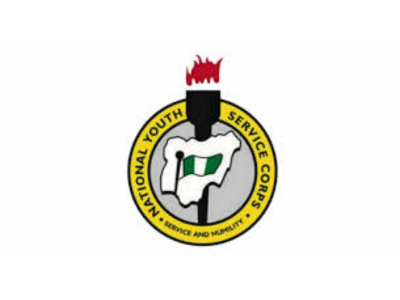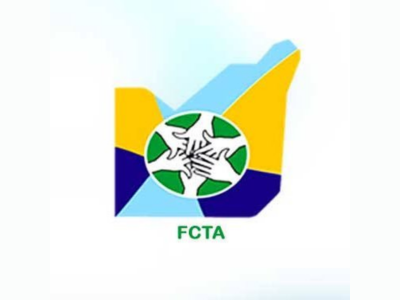NABTEB Revises 26 Technical College Syllabi to Boost Skills for Modern Economy
- by Admin.
- Sep 08, 2025

Credit:
Nigeria's National Business and Technical Examinations Board (NABTEB) has begun a five-day review and validation of 26 trade syllabi for Nigeria’s technical colleges, aiming to align vocational education with global standards and equip students for emerging industries.
The initiative, which began on September 8, 2025, in Abuja, targets disciplines ranging from traditional trades like welding and carpentry to cutting-edge fields such as robotics, coding, machine learning, automotive mechatronics, smart agriculture, and solar PV installations.
NABTEB Registrar Dr. Mohammed Mohammed described the effort as a transformative step to prepare graduates for a dynamic economy. “This comprehensive selection reflects our understanding that Nigeria’s economic future depends on a skilled workforce capable of operating across traditional and emerging sectors,” he said, highlighting the inclusion of sustainable practices like smart agriculture to address environmental needs.
The review follows a May 2024 initiative to update technical college curricula for the first time in 14 years, spurred by the Federal Government’s push to modernize vocational training.
Initially, 14 new subjects were added, including motor vehicle repair, electrical installation, and cosmetology.
The current expansion to 26 trade areas incorporates advanced skills to meet labor market demands as NABTEB is collaborating with the National Board for Technical Education (NBTE) and industry stakeholders to ensure the curricula reflect real-world needs, with plans for educator training, new assessment tools, and robust quality assurance.
NBTE Executive Secretary Prof. Idris Bugaje, represented by Hajia Hajara Abdulkadri, emphasized that effective implementation across technical colleges is crucial for strengthening vocational education’s foundation. “This is an important step toward empowering Nigerian youths with the skills required to thrive in a rapidly changing economy,” Bugaje stated.
Dr. Muyibat Olodu, represented by Mr. Kola Osundeyi from the Federal Ministry of Education, added that the revisions would enhance the quality and relevance of training, urging stakeholders to integrate practical skills and innovative teaching methods.
The push comes amid a surge in interest in Technical and Vocational Education and Training (TVET), with entrance exam applicants rising nearly 300% from 7,547 in 2024 to 30,000 in 2025, driven by government incentives.
However, only 9,389 candidates (39%) passed the 2025 Federal Technical Colleges entrance exam, with just 316 (1.31%) scoring 70% or higher, and eight achieving top ranks, per NABTEB’s registrar.
The three-year TVET program emphasizes practical training, offering dual certification: the National Technical or Business Certificate (NTC/NBC) and the competency-based National Skills Qualification (NSQ).
Recent NABTEB results also showed 73.19% of candidates achieved five credits or more, though malpractices were reported, prompting calls for stricter oversight.
Industry leaders have welcomed the syllabus overhaul but stressed the need for internships and mentorship to bridge classroom learning with workplace demands.
As Nigeria grapples with youth unemployment rates around 7.2% and a skills gap in technical sectors, the revised curricula aim to foster a workforce ready for both local and global markets, potentially reshaping the nation’s economic trajectory.













0 Comment(s)